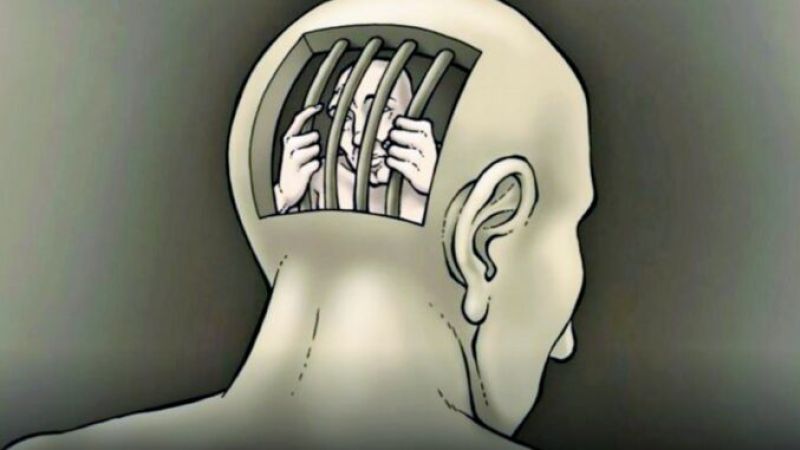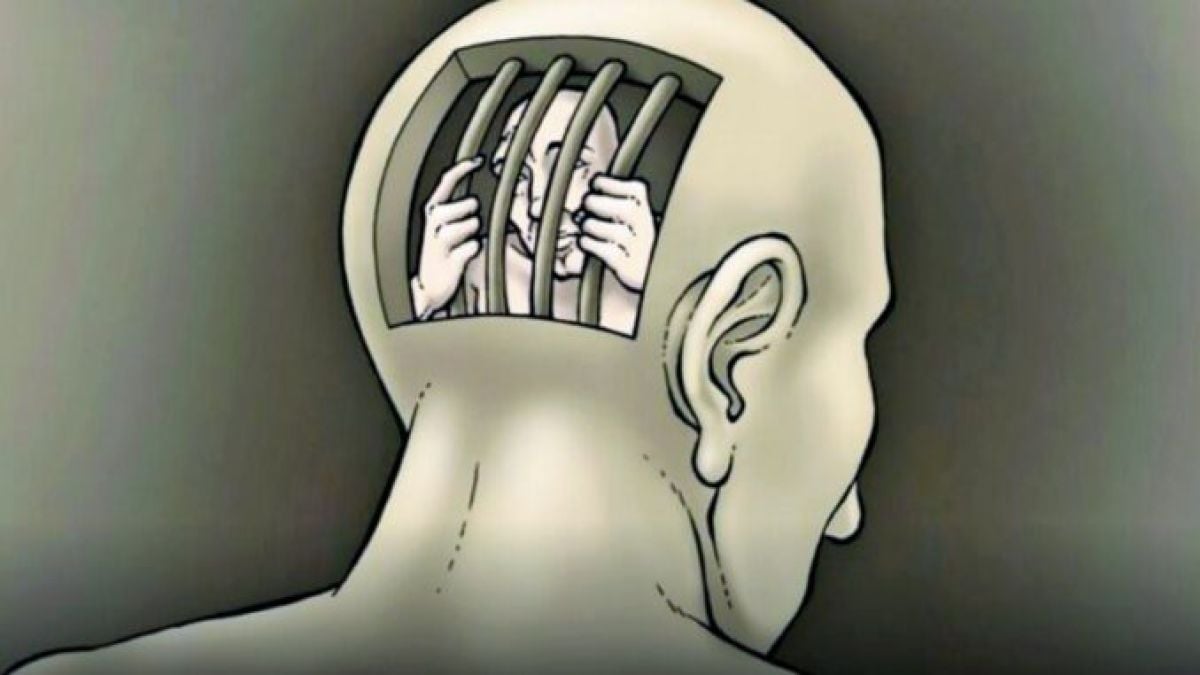Are they political prisoners or political prisoners?


Hipertextual.com

Published at: 15/11/2024 04:20 PM
There are differences between a political prisoner and a political prisoner. In this article, we intend to clarify them in order to avoid the continuous manipulation of the media in the service of American interests .
According to the Larousse Dictionary, the strict definition of
the word prisoner refers to “
an individual who is locked in a prison, deprived of his liberty
for having committed a crime classified as such in his country”. For its part, "political, refers to the administration of public affairs or to the government
of the State”.
In this regard, the Academic
Memory Journal of the University
of Buenos Aires (UBA) conceptualizes a political prisoner as “a person who is
confined to a prison for the expression of his political ideas contrary to
those of the current government. Usually, this is someone who is part
of a political party, a union, a social movement or other kind of
group.”
Thus, according to this
concept, a political prisoner is the victim of a violation of freedom of
expression or freedom of thought and it is common for a
prisoner to be described as a politician when his arrest is not linked to a specific
and proven crime or when his punishment is exaggerated because of his ideology.
Also, the
Latin American Council for Social Sciences (CLACSO) explained that “it is attributed
to being a political prisoner for making public thoughts contrary to
those held by the current rulers, or for carrying out actions aimed at promoting regime change, political prisoners
are punished by the authorities.
However, it is important to bear in mind that certain activities
are punishable by law, so the sanction may be just and
correct from a regulatory point of view.”
However, we must bear
in mind that a imprisoned politician is not always a political prisoner. If an
official or political leader is tried for an act of corruption or for a
murder, to name two possibilities, and is found guilty, he can be
sent to jail and this crime is not linked to his activism. In
this sense, calling to invade your country, coordinating an economic blockade,
replacing and ignoring public authorities, organizing and financing acts of
terrorism, are crimes defined in Venezuelan laws.
According to this, the
president of the Bolivarian Republic of Venezuela, Nicolás Maduro, emphasized last
Monday that “no one should forget that the extreme right hired and paid the Comanditos, led by María
Corina Machado
to generate chaos and violence in the country, the days
after the presidential election of last July 28.”
In his program With Maduro+, the president stressed that “
terrorists are convicted and confessed, there is evidence, with threats on
social networks. These terrorists who killed and threatened are now trying to be
called political prisoners.”
In the same way, he added that
“it is the extreme right who wants to call these criminals political prisoners,
I make an appeal as Head of State to the Public Ministry, to the Citizen Power,
if there are any cases to rectify and review, there must also be justice, in
case any procedural error has arisen,” said the president.
It is important to emphasize that
in Venezuela there are no politicians
arrested for expressing their ideas against the Government, even President Nicolás Maduro asked the
National Assembly that “tough and strict
anti-fascist laws must be designed, because here you cannot prosecute people
because of their way of thinking or because of their ideas, emphasized last Monday night on
his Maduro+ program.
In the same vein, the
first vice-president of the United Socialist Party of Venezuela
(PSUV), Diosdado Cabello, also declared on Monday 11-11-24 that “in Venezuela there are no politicians imprisoned, no, there are
violent criminals here who murdered 27 people and are in detention, there they murdered
two of our women with great malice, with great cruelty and evil, as if to send
a message; they killed a National Guard and wounded more than 20 people across the country.”
However, according to
the media, the term “political prisoner” is used in
accordance with the dominant interests of the world right and to be clear about it.
Examples
of political prisoners
Julian
Assange: The founder of Wikileaks
was arrested in the British capital on a federal conspiracy charge, as he published more than 700,000 secret documents that helped expose war crimes perpetrated by the US government.
San
Suu Kyi : She remained under house arrest in Burma
for 15 years because she was considered by the government as someone “capable of violating common peace and stability
”.
Antonio
Gramsci : Italian left-wing writer sentenced to 20 years in
prison after the enactment of emergency laws during the Benito Mussolini regime.
Bertrand
Russell : Sentenced to prison in the United Kingdom for his
pacifist positions during the First World War.
Eugene
Debs :
Leader of the extinct Socialist Party of America, USA and convicted for
publicly expressing his opposition to the First World War.
Milagro
Sala :
The social leader celebrates 8 years as a political prisoner and was arrested for having
participated in a camp in front of the Government House in Jujuy, Argentina.
Gerardo
Hernández , Ramón Labañino,
Antonio Guerrero, Fernando González and René González are known as
“the five Cuban heroes” who were unjustly arrested by the
Federal Bureau of Investigation (FBI) on September 18, 1998.
The five Cuban citizens that the United States arrested for preventing
violent actions that were carried out by terrorist groups from
U.S. territory against the island.
However, none of the
reasons for which these people were arrested have to their credit the
crimes associated with María Corina
Machado and Edmundo González.
Crimes such as: usurpation of
functions, forging of public documents, incitement to
disobey laws, computer crimes, criminal conspiracy and conspiracy to usurp the
powers of the electoral body and publish alleged forged or
falsified documents, sabotage and damage to systems and coordination of
destabilization plans that included assassination and a failed coup attempt to promote a bloodbath in the country and thus justify foreign intervention,
crimes against independence, the security of the
nation and treason to the Fatherland.
As we can see, these acts are not
actions for thinking differently, they are violations defined in Venezuelan law, and once these crimes have been proven, could they be classified as political prisoners?
AMELYREN BASABE/Mazo News Team